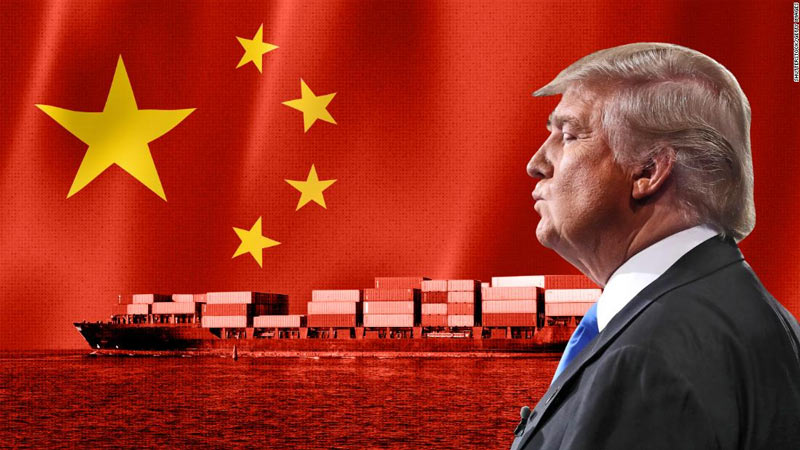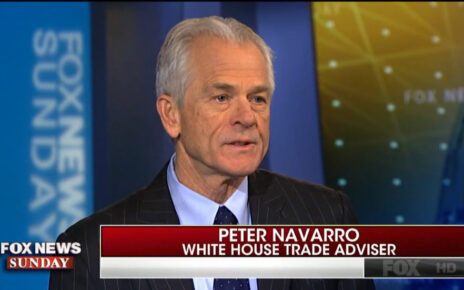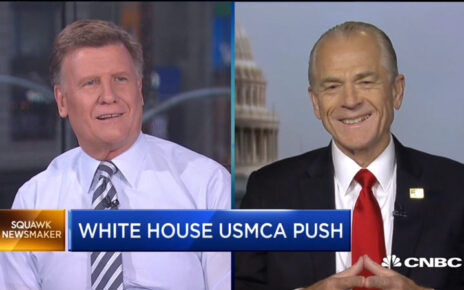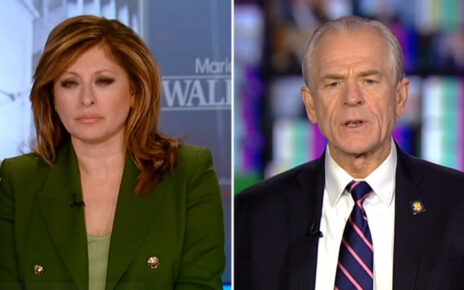White House trade adviser Peter Navarro wouldn’t offer a time frame Tuesday for how long it will take President Donald Trump to reach a trade deal with China amid escalating rounds of tariffs.
“The ball’s in China’s court,” he said in an interview with CNN chief business correspondent Christine Romans.
Trade talks between the two countries stalled after Trump said in September that he’d move forward with his biggest round of tariffs yet, hitting $200 billion of imports.
To date, the United States has imposed tariffs on $250 billion of Chinese goods, roughly half the value of all Chinese goods sold to the United States last year.
Trump has said he will increase the tariff rate from 10% to 25% on most of those imports by the end of the year if China doesn’t agree to change its trade practices.
Hitting hard on trade, particularly on China, has been a centerpiece of Trump’s presidency after he promised to hold other countries accountable for engaging in unfair trade practices during the campaign.
He’s pushed forward with more tariffs even though he’s met repeatedly with Chinese President Xi Jinping and at one point said he “didn’t blame China” for taking advantage of the differences between the way the two do business.
White House economic adviser Larry Kudlow said Tuesday that Trump is expected to meet with Xi on the sidelines of the upcoming G20 summit in Argentina. But Navarro downplayed the meeting, saying it’s “not a trade negotiation by any means.”
A report released by Navarro’s office earlier this year accused China for engaging in unfair trade practices detailing the ways China’s “economic aggression” threatens the technology and intellectual property of businesses around the world.
But the Chinese have yet to address those issues, Navarro said Tuesday. In fact, he believes some practices have gotten worse.
“They’re moving in the opposite direction,” Navarro said.
“There are thousands and thousands of people who work for the Chinese government just hammering us, hammering us through cyber-espionage,” he said.
China has retaliated with its own tariffs on US goods. But it imports far less from the United States than it exports back, and is running out of new products to target.
Beijing could try other measures to escalate the trade war, including charging even higher tariffs, imposing import quotas, restricting Chinese citizens’ travel to the United States for study and tourism and slashing taxes for companies affected by the tariffs.




